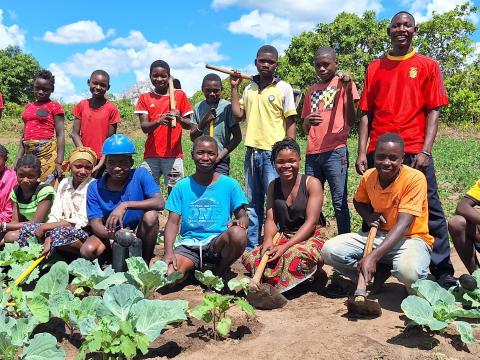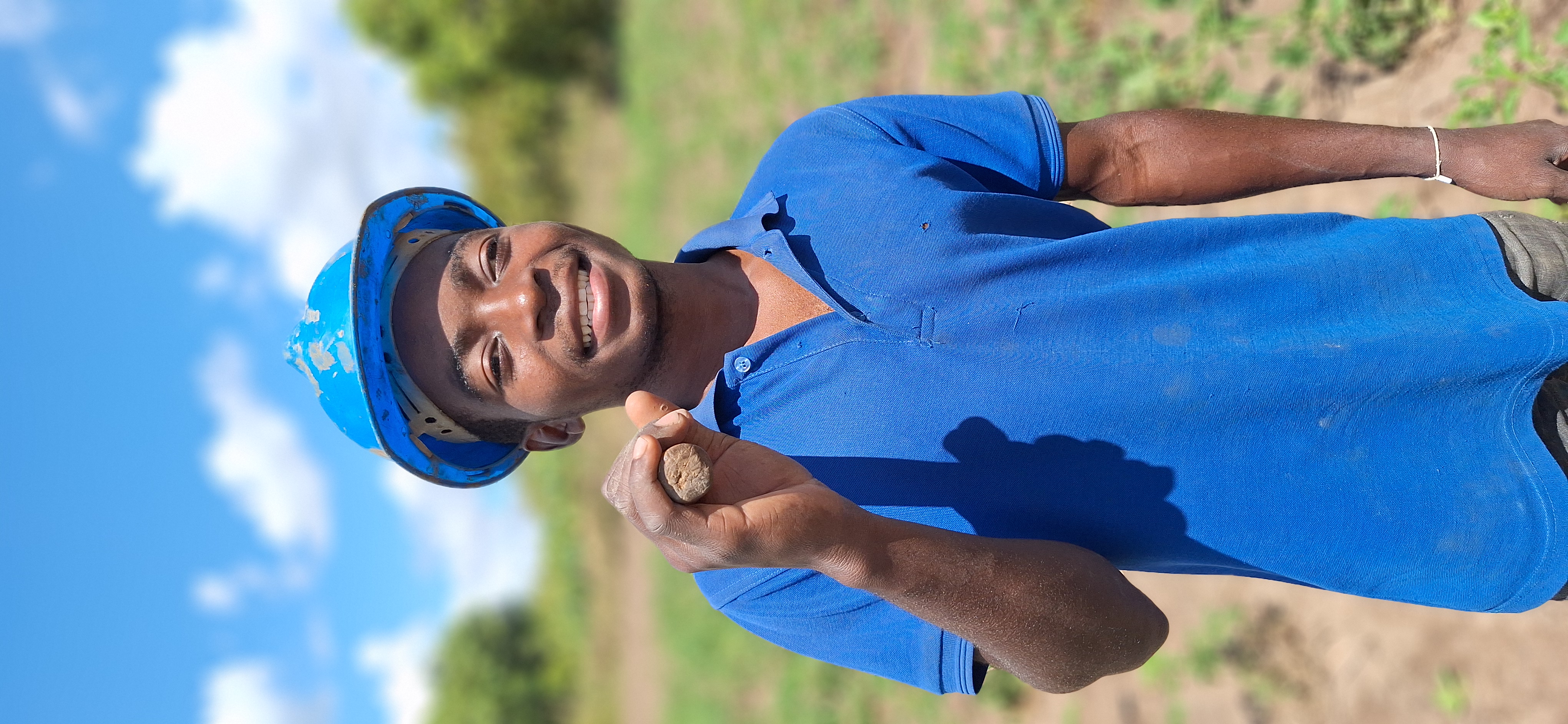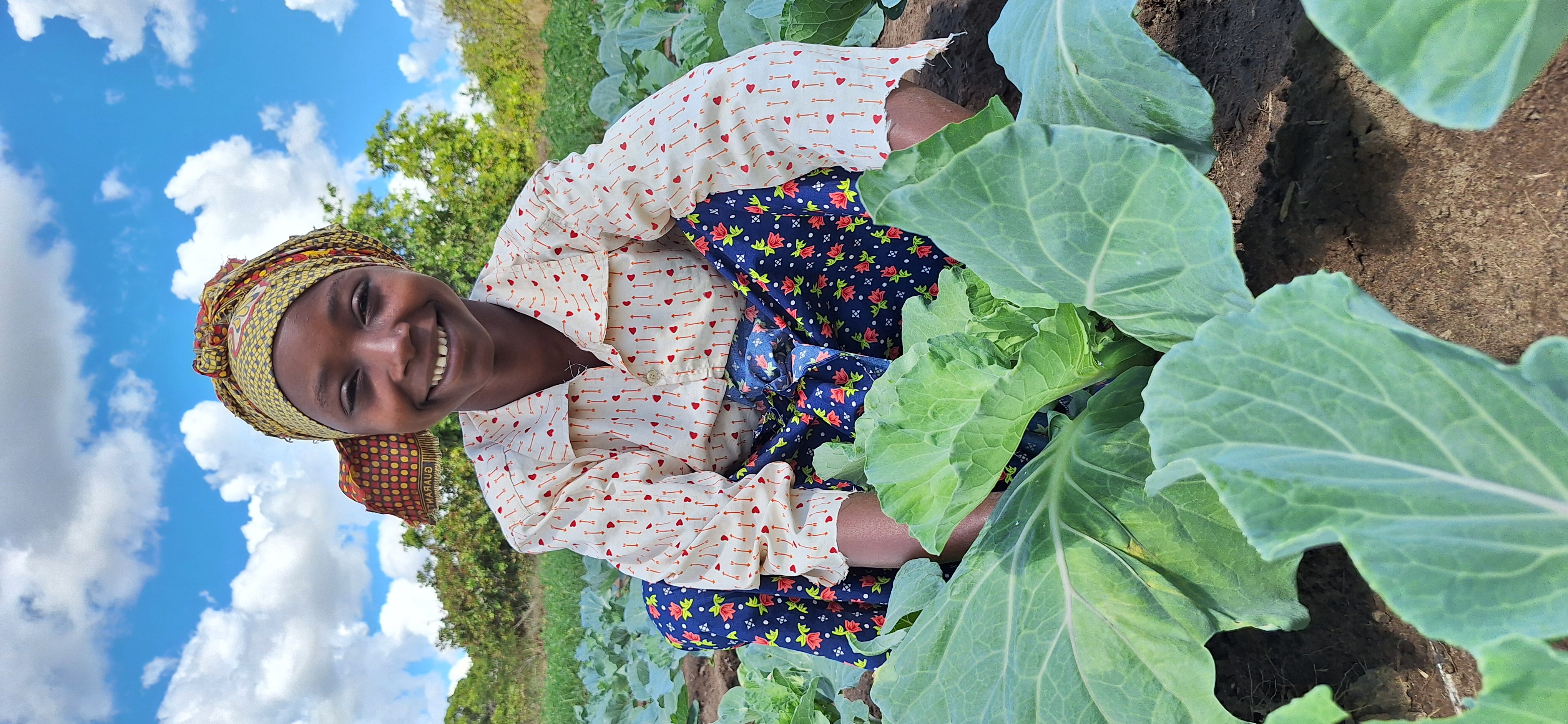Young Farmers, Future Leaders: Adolescents Inspire Community Transformation

In Monapo, a district in northern Mozambique, a subtle yet powerful transformation is taking place. After receiving training from World Vision, under the project model ‘Impact+’, in leadership, citizenship and entrepreneurship, adolescents aged 12 to 17 have begun cultivating vegetables to improve their nutrition and livelihoods, while also nurturing solidarity, responsibility and hope. This pioneering initiative is enabling the young participants to put their skills into practice through both agricultural activities and community service, laying the foundations for a more resilient future.
Each week, these young changemakers come together to strengthen their knowledge and engage in activities that combine learning with service to others. From growing vegetables to cleaning schools and marketplaces, they are turning lessons into action and their impact is already visible across Monapo.

Felismino and Mariamo are two of the 25 members involved. “We were formed in March,” says Felismino with pride. “We grow vegetables like cabbage, tomatoes, onions and peppers. We plan to use part of the income to expand our field next year, and the rest to buy school supplies and essential items. We also support our community by cleaning schools and markets, and helping those in need.”

For Mariamo, the experience has opened new perspectives. “Before the training, we only grew maize, beans and cassava,” she recalls. “Now we cultivate vegetables such as cabbage, tomatoes and onions, which will enrich our diet.”
Yet the initiative extends far beyond agriculture. By instilling values of teamwork, solidarity and a long-term vision, the organization and its partners are preparing these adolescents for a sustainable and resilient future. The practical and social skills they are developing today are shaping them into tomorrow’s leaders, capable of driving transformation within their communities.
In Monapo, rows of thriving vegetables stand as more than proof of agricultural success. They are symbols of hope, responsibility and a shared determination to build lasting change. These adolescents are not only cultivating the land, they are cultivating leadership, unity and the seeds of a brighter tomorrow.